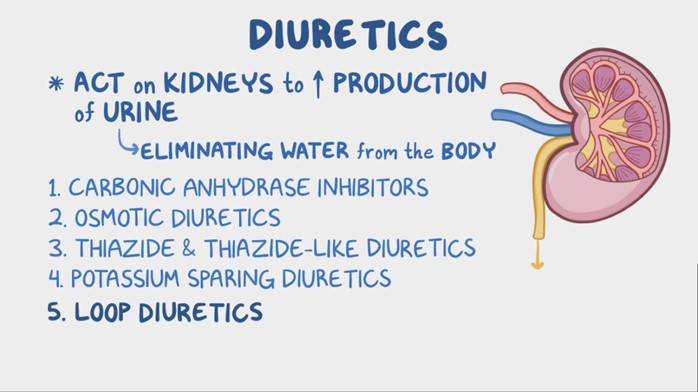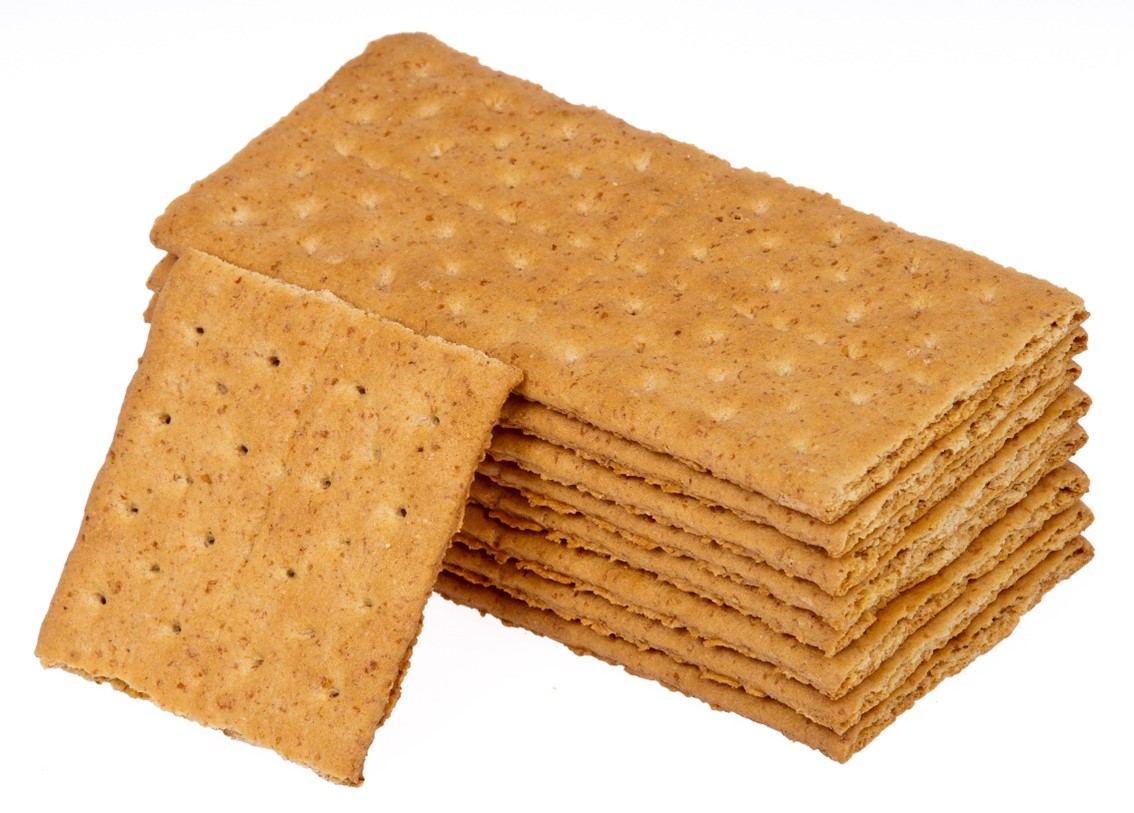A nurse is reviewing the laboratory findings of a client who has heart failure. Which of the following findings indicates that the client is experiencing fluid volume excess?
Creatinine 0.8 mg/dL
Hgb 15 g/dL
BUN 18 mg/dL
Sodium 149 mEq/L
The Correct Answer is D
Choice A reason: Creatinine 0.8 mg/dL is within the normal range (0.6-1.2), and it does not indicate fluid volume excess. Creatinine is a waste product of muscle metabolism that is filtered by the kidneys. High creatinine levels can indicate kidney damage or impaired renal function.
Choice B reason: Hgb 15 g/dL is within the normal range (13-17 for men, 12-16 for women), and it does not indicate fluid volume excess. Hgb stands for hemoglobin, which is a protein in red blood cells that carries oxygen to the tissues. Low hemoglobin levels can indicate anemia, bleeding, or hemolysis.
Choice C reason: BUN 18 mg/dL is within the normal range (7-20), and it does not indicate fluid volume excess. BUN stands for blood urea nitrogen, which is a waste product of protein metabolism that is filtered by the kidneys. High BUN levels can indicate dehydration, kidney damage, or high protein intake.
Choice D reason: Sodium 149 mEq/L is high and indicates fluid volume excess. Sodium is an electrolyte that helps maintain fluid balance, blood pressure, and nerve impulses. High sodium levels can cause fluid retention, edema, hypertension, and heart failure.
Nursing Test Bank
Naxlex Comprehensive Predictor Exams
Related Questions
Correct Answer is A
Explanation
Choice A reason: Navy beans and ham are good sources of potassium, which can help prevent hypokalemia, a common side effect of some diuretics. Hypokalemia can cause muscle weakness, cramps, fatigue, and cardiac arrhythmias.
Choice B reason: Cheddar cheese is high in sodium, which can cause fluid retention and increase blood pressure. Sodium intake should be limited when taking diuretics, as they can also cause hyponatremia, a condition of low sodium levels in the blood.
Choice C reason: Beef broth is also high in sodium, which can have the same effects as cheddar cheese. In addition, beef broth is high in purines, which can increase uric acid levels and cause gout, another possible side effect of some diuretics.
Choice D reason: Baked potato is high in carbohydrates, which can raise blood glucose levels and worsen diabetes, a risk factor for hypertension. Some diuretics can also cause hyperglycemia, a condition of high blood glucose levels in the blood.

Correct Answer is D
Explanation
Choice A reason:Raw carrots are not a good choice for a 9-month-old infant because they are also a choking hazard. Raw carrots are hard and crunchy, which can be difficult for the infant to chew and swallow. Raw carrots should be cooked until soft and cut into small pieces before offering to the infant.
Choice B reason: Unsalted popcorn is not a good choice for a 9-month-old infant because it poses a choking hazard. Popcorn is hard, dry, and irregularly shaped, which can easily get stuck in the infant's throat or airway. Popcorn should be avoided until the child is at least 4 years old.
Choice C reason: Skim milk is not a good choice for a 9-month-old infant because it does not provide enough fat and calories for their growth and development. Infants should drink breast milk or formula until they are at least 12 months old.
Choice D reason: Graham crackers are a good choice for a 9-month-old infant because they are soft, easy to chew, and provide carbohydrates and iron for their energy and growth. Graham crackers can be broken into small pieces and given to the infant as finger food.

Whether you are a student looking to ace your exams or a practicing nurse seeking to enhance your expertise , our nursing education contents will empower you with the confidence and competence to make a difference in the lives of patients and become a respected leader in the healthcare field.
Visit Naxlex, invest in your future and unlock endless possibilities with our unparalleled nursing education contents today
Report Wrong Answer on the Current Question
Do you disagree with the answer? If yes, what is your expected answer? Explain.
Kindly be descriptive with the issue you are facing.
